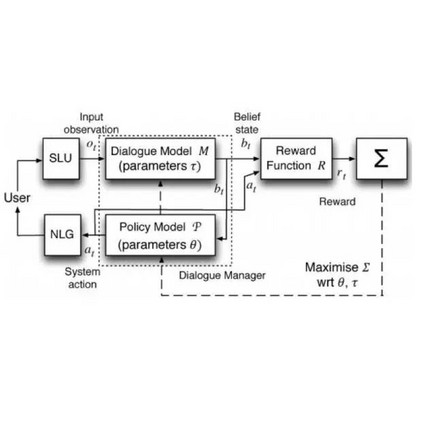Open-domain dialogue systems aim to interact with humans through natural language texts in an open-ended fashion. However, the widely successful neural networks may not work well for dialogue systems, as they tend to generate generic responses. In this work, we propose an Equal-size Hard Expectation--Maximization (EqHard-EM) algorithm to train a multi-decoder model for diverse dialogue generation. Our algorithm assigns a sample to a decoder in a hard manner and additionally imposes an equal-assignment constraint to ensure that all decoders are well-trained. We provide detailed theoretical analysis to justify our approach. Further, experiments on two large-scale, open-domain dialogue datasets verify that our EqHard-EM algorithm generates high-quality diverse responses.
翻译:开放式对话系统旨在通过自然语言文本,以开放的方式与人类互动。然而,广泛成功的神经网络对对话系统可能效果不佳,因为它们往往产生通用的响应。在这项工作中,我们建议采用“同等大小的硬期望-最大化”算法(EqHard-EM)来培训多种对话生成的多解码模型。我们的算法以艰难的方式将样本分配给解码器,并附加了平等分配限制,以确保所有解码器都受过良好培训。我们提供了详细的理论分析,以证明我们的方法是正确的。此外,关于两个大型、开放式对话数据集的实验证实,我们的“Eqhard-EM”算法产生了高质量的不同响应。



